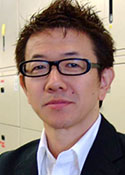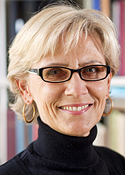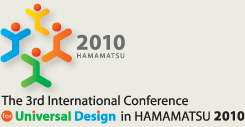Acceptance of Diversity and Rights to Self-Determination in Denmark

Ayumu Isomura
President & CEO, Gradie Corp.: Japan
There is much to emulate from the examples of Denmark, an advanced welfare state placing special emphasis on the environment. Much of the country's efforts are based on its values. Our efforts to emulate and introduce Denmark's examples cannot be sustained without accurate understanding of their values. Without it, we may easily err by making decisions based on our values and terminating the efforts midway when pressed to make a choice. I will try to illustrate the 'relation between people and objects' from the perspective of Danish values. This I will do based on long-term ethnography of Egmont Højskolen, a Danish folk high school accepting students with severe disability; Krogerup Højskolen, a Danish folk high school accepting students from different countries; and Svanholm, an eco-village where people of all ages, from toddlers to the elderly, live as a community. It will also be based on my visits to local kindergartens, folk schools, old people's facilities, and assistive technology centers in Denmark. Finally, I will make proposals on what Japan will need to do in the future.


